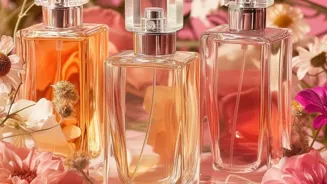Uncover the captivating tale of perfume history! From ancient rituals to modern luxury, delve into 7 intriguing facts. Read on!
Perfume, that invisible accessory we often take for granted, has a history
much richer and more fascinating than you might imagine. It's not just about smelling good; it's about culture, trade, medicine, and even a bit of magic!
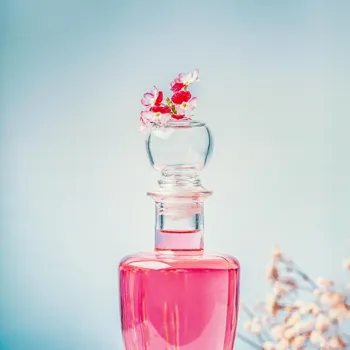
So, ditch those assumptions and let's dive into some surprising facts about the aromatic journey of perfume.
Perfume originates from 'per fumum,' linking scent with spirituality and power
One thing many don't know is that the word "perfume" comes from the Latin phrase "per fumum," meaning "through smoke." This points directly to the earliest forms of fragrance – burning incense and aromatic herbs as offerings to the gods.
Imagine ancient civilizations like Mesopotamia and Egypt, where priests and priestesses would carefully select fragrant resins and woods to create sacred smokes, believing these scents would carry their prayers to the heavens.
This wasn’t just about a pleasant smell; it was a fundamental part of religious practice, solidifying the early connection between scent and spirituality.
Moreover, this early use shows the value placed on pleasing deities and connecting with the divine, which continues to influence how we perceive smell today. The meticulous preparation and expensive ingredients also meant that perfumes were originally associated with wealth and power.
Ancient Egyptians valued perfume in every facet of life, even attributing a god to it
Ancient Egyptians were truly obsessed with fragrance! Forget casually spritzing on a bit of scent before heading out; they incorporated perfumes into every aspect of their lives. They even had a god of perfume, Nefertum, depicted as a handsome young man wearing a headdress made of water lilies.
Egyptians used perfumes not only for religious rituals but also for embalming, personal adornment, and even medicinal purposes. Did you know they believed certain scents could heal ailments and protect against evil spirits?
Imagine Cleopatra, not just with her beauty, but surrounded by fragrant oils and perfumes, using scent as a powerful tool of seduction and political influence.
This underscores how perfume was an integral part of their sophisticated culture, reflecting both luxury and a deep connection to the mystical properties of aromas. From elaborate perfume workshops to dedicated storage jars, the ancient Egyptians truly mastered the art.
Perfumery advancements in Persia and Arab world shaped modern industry
Moving eastward, the art of perfumery flourished in Persia and the Arab world. These civilizations made significant advancements, particularly in the development of distillation techniques.
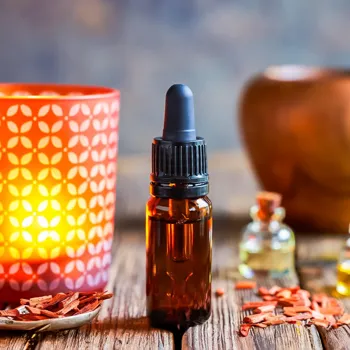
While ancient methods relied on infusing oils with fragrant materials, Arab chemists perfected the process of extracting pure essential oils using alembics (a type of still).
This ingenious invention allowed them to capture the true essence of flowers and plants, resulting in more potent and longer-lasting perfumes. Think of rosewater, a beloved ingredient in Middle Eastern cuisine and perfumery, which owes its existence to these early distillation methods.
The Arab world’s contribution was immense, not just in technique, but also in expanding the range of available scents by trading fragrant ingredients across continents. They essentially laid the groundwork for the modern perfume industry we know today.
Royal figures worldwide embrace perfume for style, wealth, and power
Let's talk about some royal connections. While France is often considered the epicenter of perfume, even Queen Elizabeth I of England had a penchant for creating her own custom scents.
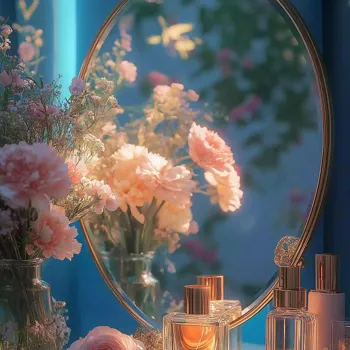
She famously blended rosemary, lavender, and musk to create a signature fragrance that was both refreshing and sophisticated. It’s said she spent hours in her gardens, experimenting with different floral combinations.
This royal embrace of perfume further cemented its status as a symbol of wealth, refinement, and even personal style.
It demonstrates that the allure of scent wasn't limited by geographical boundaries, and powerful figures throughout history have utilized it to express themselves and assert their presence.
Also, keep in mind that personal hygiene practices were quite different back then, and perfume often served to mask unpleasant odors.
Rare natural ingredients and synthetic scents drive high perfume costs
Have you ever wondered why some perfumes cost a fortune? The answer often lies in the ingredients. Certain natural ingredients, like ambergris (a substance produced by sperm whales) or oud (a resinous wood from Southeast Asia), are incredibly rare and difficult to obtain.
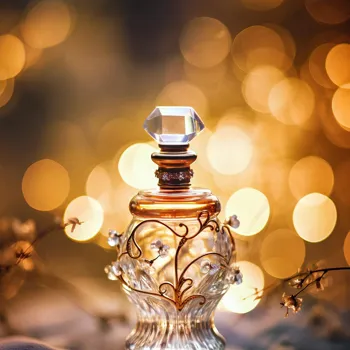
Their scarcity and unique aromatic profiles contribute to their high price tags. Consider the painstaking process of harvesting jasmine blossoms at dawn, as their fragrance is most concentrated at that time. Or the years it takes for agarwood trees to develop the resin that produces oud.
These challenges make these ingredients incredibly valuable, influencing the final cost of the perfume. Synthetic ingredients also play a crucial role; they can replicate rare natural scents.
Perfume: blend of art, science, magic, evoking memories, global industry
Today, perfume is a global industry, with countless brands and fragrances catering to every taste and budget. But the fundamental principles remain the same: a blend of artistry, science, and a touch of magic.
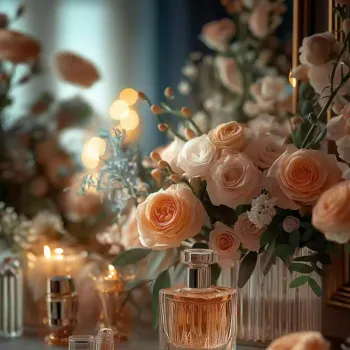
Whether you prefer a classic floral scent or a modern, avant-garde creation, perfume has the power to evoke memories, express personality, and simply make you feel good.
From its ancient origins as sacred incense to its current status as a global phenomenon, the story of perfume is a testament to the enduring human desire to adorn ourselves with beautiful scents.
Next time you reach for your favorite bottle, take a moment to appreciate the rich and complex history that lies within.
AI Generated Content. Glance/InMobi shall have no liability for the content